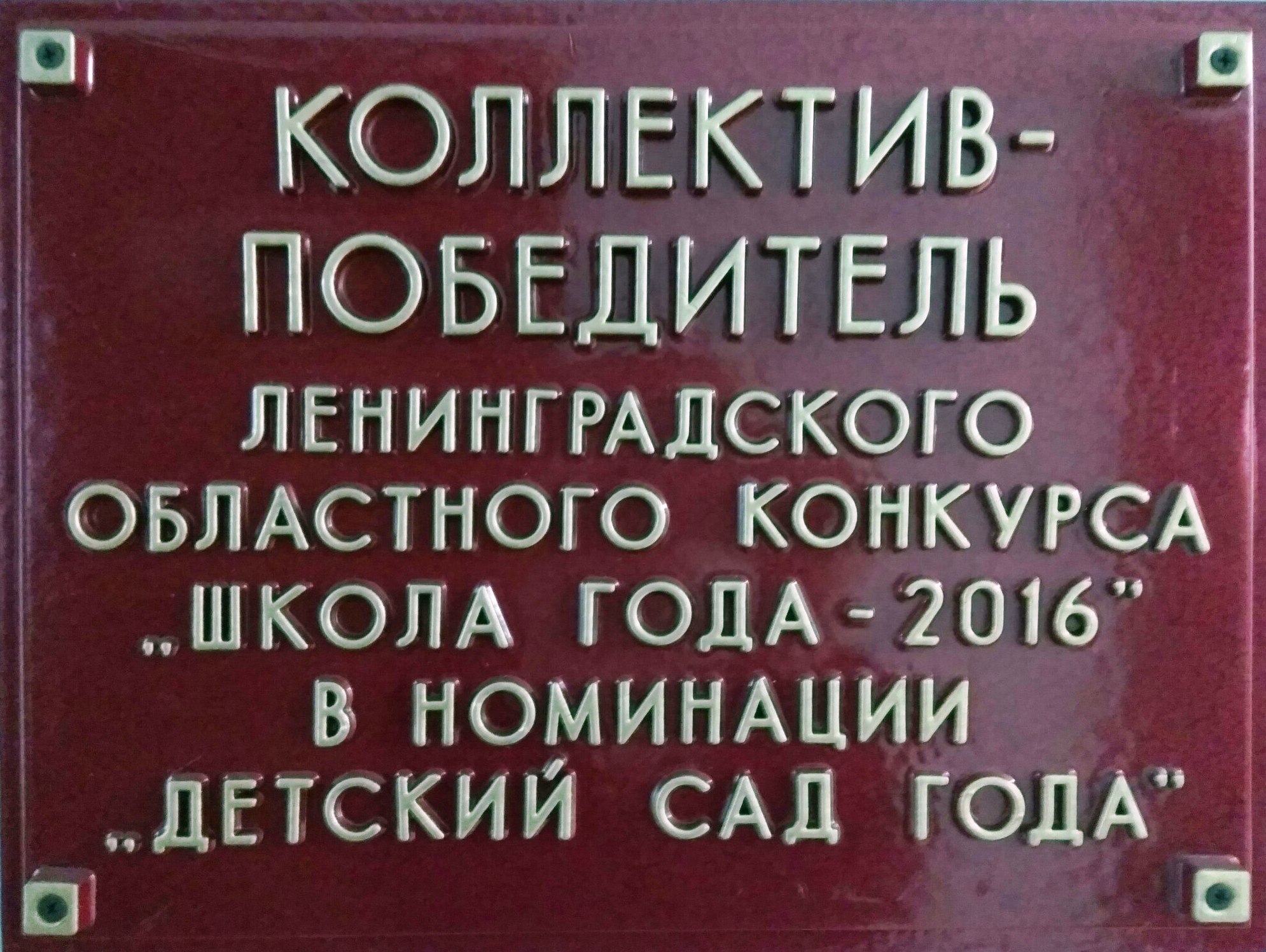A 2018 legislative review discovered that almost a 3rd of high-interest lenders had violated state regulations within the past 5 years.
At the time of 2019, Nevada had about 95 organizations certified as high-interest lenders, with about 300 branches statewide. In 2016, those companies made about 836,000 deposit that is deferred, almost 516,000 name loans or over to 439,000 high-interest loans.
The 2019 bill handed down celebration lines and needs the Financial Institutions Division to contract with some other merchant generate a database, with demands to get info on loans (date extended, quantity, charges, etc.) in addition to providing the unit the capability to gather extra information on whether an individual has one or more outstanding loan with numerous loan providers, how often a individual removes such loans and whether one has three or higher loans with one loan provider in a period that is six-month.
The database is financed by way of a surcharge for each loan extended, capped at no longer than $3.
Most of the information on the way the database will work had been kept as much as the process that is regulatory. The division published draft laws in February, with intends to need loan providers to not merely record information on loans, but in addition any elegance durations, extensions, renewals, refinances, payment https://personalbadcreditloans.net/reviews/money-mart-loans-review/ plans, collection notices and declined loans.
But people of the payday financing industry state that the laws get well beyond the thing that was outlined within the initial bill.
Neal Tomlinson, a lobbyist for Dollar Loan Center, stated the legislation that is original needed nine information points become entered in to the database, whereas the laws would now need entering as much as 25 various information points — a possible barrier provided the multitude of transactions (500,000 plus) conducted by the loan provider yearly.









